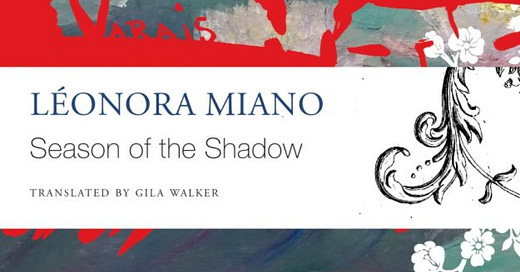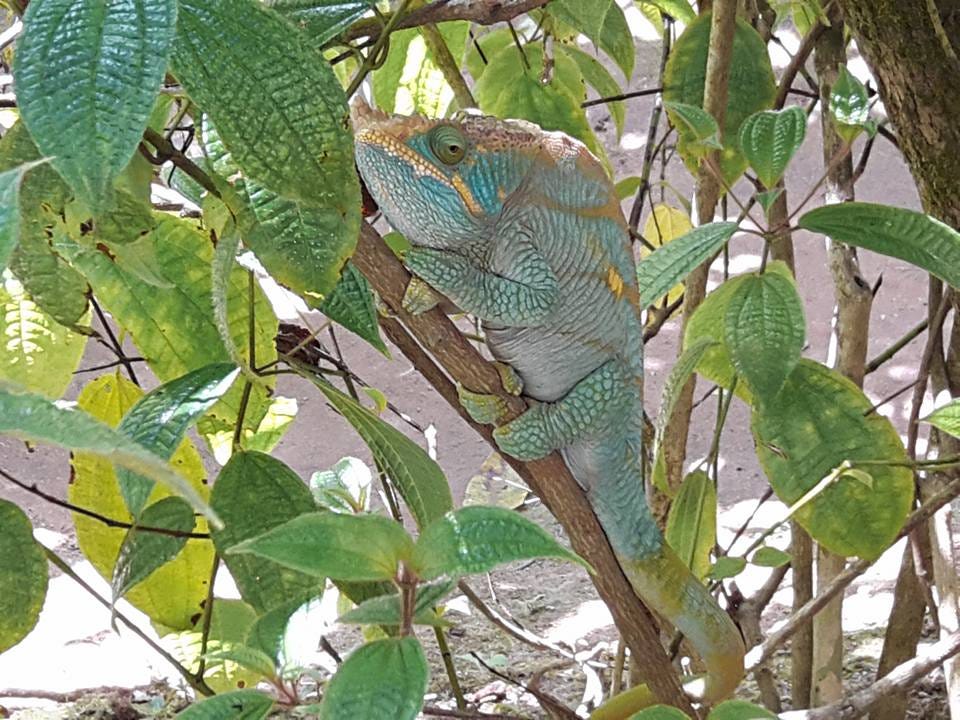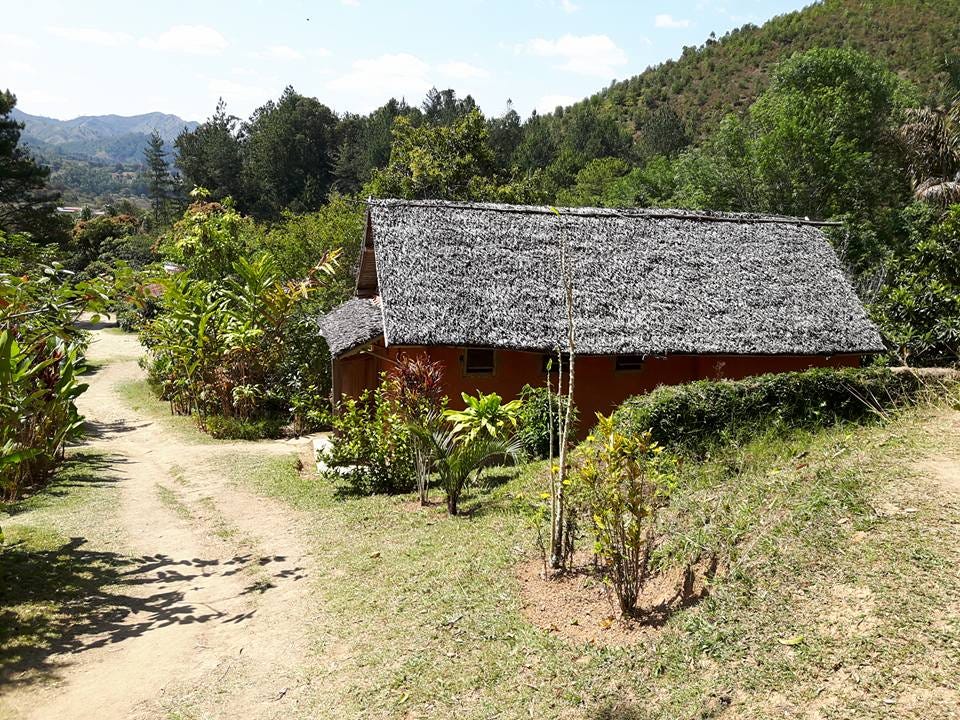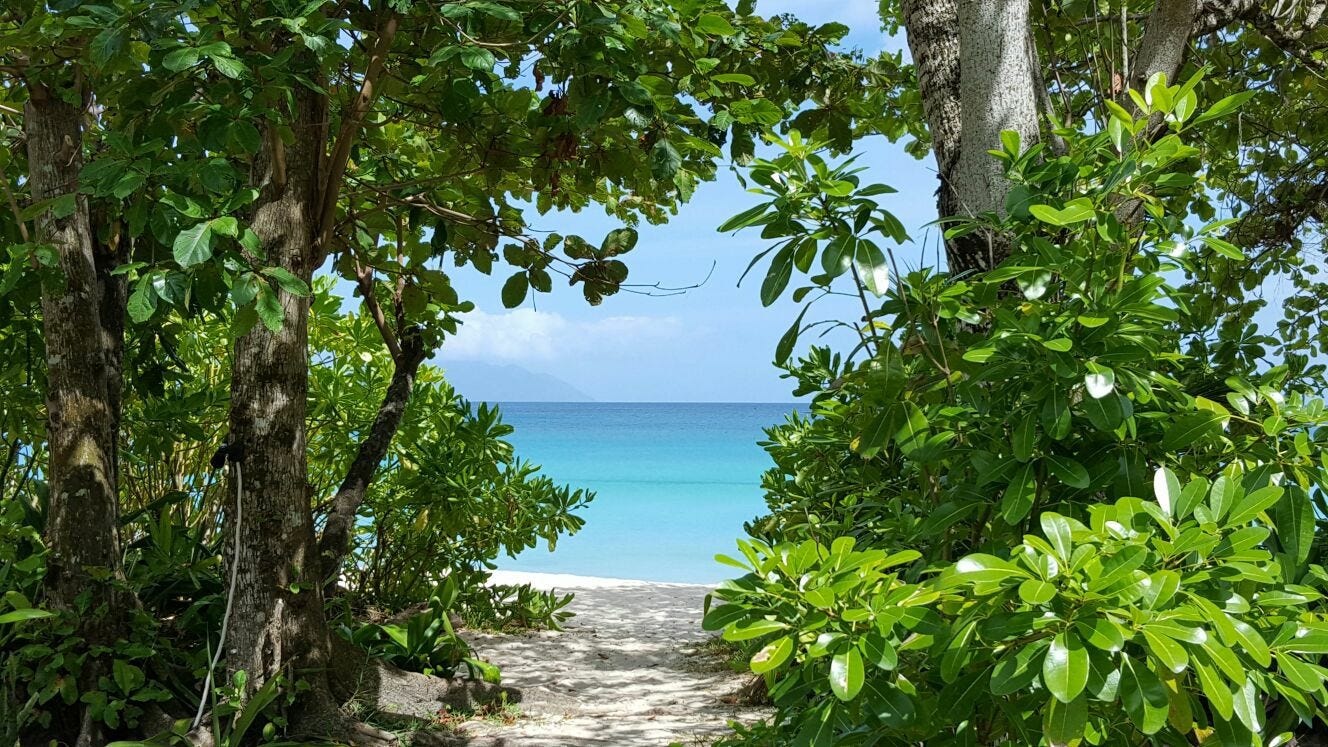OVER THE LAND OF WATER
This powerful tale imagines the beginnings of a horrific sea trade over the Atlantic Ocean.
“A man like him does not simply vanish into thin air. Death itself could not have taken him by surprise. He would have seen it coming from afar. Known the exact moment. Left everything in order, well before the fatal encounter.”
~~~Season Of The Shadow,

Léonora Miano’s spellbinding writing takes many things we know or assume and turns them inside out. During the reading of this French novel in translation, I had to pause several times to just reconsider what I had always known to be true in my world. There was one term I just loved and, of course, it had to become a part of my title for this post: “The Land of Water”.
For the Mulongo tribe of this novel, the ocean is just another land, one made “of water” from which came those foreigners, the “people with the hen feet”. There are so many such brilliant flourishes of the pen in this novel that I did not want it to end. Miano’s turn of phrase did me in over and over. I always long to read a sentence that will give me momentary arrhythmia. Season Of The Shadow has not been very good for my heart.
Translated with such sensitivity by Gila Walker, Miano takes us inland from Africa’s western seaboard where we watch a community of bush people on the brink of being decimated. One day, this group of villagers from the Mulongo clan finds twelve of their people missing.
“They do not know it, but the thing comes to them at the same time. After several sleepless nights, the women whose sons went missing shut their eyes. All day long they say nothing of their anxiety, never utter the word loss or the names of their missing sons.”
In their collective dream, the women’s missing sons call out to them in terror; at the same time, a thick shadow hangs over the huts, blocking out the light of day.
“The shadow is also the shape our silences take.”
That darkness is nothing but the grim portent of the transatlantic slave trade. It will grow bigger and more brutal, and leave many broken families in its wake. Season Of The Shadow imagines just how it may have first happened in such poetic, haunting prose that readers will keep turning the pages until they realize how hard it is to even do it anymore.
The roots of this pre-colonial civilization in sub-Saharan Africa stretch back centuries. Its leader was Queen Emene, thanks to whom the society is matriarchal in nature. Still, a line to a powerful female ancestor does not mean that patriarchy is dead in a community in which virginity is not even considered a virtue. A woman is expected to grow her sexual prowess, yet she may not marry more than one man. On the other hand, men can have many wives and co-wives must live together under the same roof. There are too many prohibitions “imposed on women on the pretext that they have been endowed with the great privilege of giving life and transmitting the power to rule.” Despite the constraints on their comportment, some of the women of the Mulongo clan are powerful beings invested with such deep spiritual powers that the men are in awe of them.
The Mulongo clan is a proud organized community in which the matriarchs are gifted with clairvoyance but village life is ruled by the diktats of a council of members (“notables”). Above the council, however, is the power of the oracle or ngambi, that of the smaller divinities or maloba, and, of course, that of God—Nyambe—himself.
It’s a small, self-sustaining tribe of individuals who have finally—after generations of internal strife—found calm and contentment. Their ancestors have made peace with the neighboring Bwele people. While they are aware of the possible danger of attacks from their greedy rivals, they’d never have imagined they could be an endangered species—until the arrival of the men with the hen feet.
“What they wear on their legs makes them look like hens, which is why the locals gave them the name “men with hen feet”. The notables do not speak of them with so little respect. They call them “foreigners who have come across the waters from pongo”.
There’s always one rotten soul in every peaceful community and the Mulongo people have theirs in the guise of a council member, a notable called Mutango, He is cunning and agile like a monkey whose meat he likes to chew. The members of his clan are not allowed to eat leopard for it is the guardian of his people and the lord of the bush. But Mutango wilfully transgresses the rule.
“Mutango granted himself permission to transgress this rule on several occasions, not only to discover the taste of leopard meat but also, and especially, to acquire the animal’s power. To think like a leopard. To be as capable of cruelty. To get to know solitude, to be content with it. To be attached to no one.”
Ultimately, Mutango crosses the line and becomes a slave to the Bwele people who are known for their warrior instincts. We watch the unctuousness of the coastal tribe (Coastlanders) and the Bwele towards the white man; we watch the greed of the tribal royals for the goods brought by these foreigners. Their cowardice knows no bounds; the Coastlanders want the guns to lord it to the Bwele whose skills in knife-throwing and archery are unmatched.
In this barter of goods for slaves, we see man as the most vicious of brutes. Miano shows us humanity at its worst but her pacing is so skilled that she manages to, simultaneously, present and rejoice in the human capacity for love and loyalty.
Eyabe, one of the boldest mothers in the group of women who lost their sons, decides to travel alone to the coast to see what may have happened to her son. She does not fear man or animal. All she knows is the love for her son and the love for her people and the love for her land.
Eyabe does not wonder which way to go. Something drives her, leads her. The love of a mother for her child has no need for stars to find its way. It is itself the guiding star.”
Her breath merges with the breath of the wind. She is at one with nature, moves without stirring a single branch of shrub, takes care not to crush the small inhabitants that live here: the larvae, caterpillars or insects nestled in the grass.
While reading the book, I needed to undo all that I, as the product of colonization, had been conditioned to think. I began imagining India as it might have been had it been unimpaired by its 300-year oppression under the British East India Company. Who might I have become had India been untouched? How might I have related to the world outside my native country had I not received the tongue that I now think and write in?
Despite all the heinous moments in this heartbreaking narrative, it does end on a hopeful note, after all. I don’t doubt this deliberate choice by the author. For it is true that at the most sordid moments in history, human beings have shown that they can transcend their limited human capacity and reach for the divine.






There is an innate goodness in you - and it is reflected in your writing.